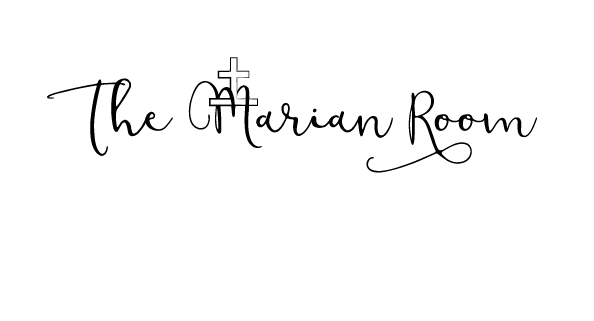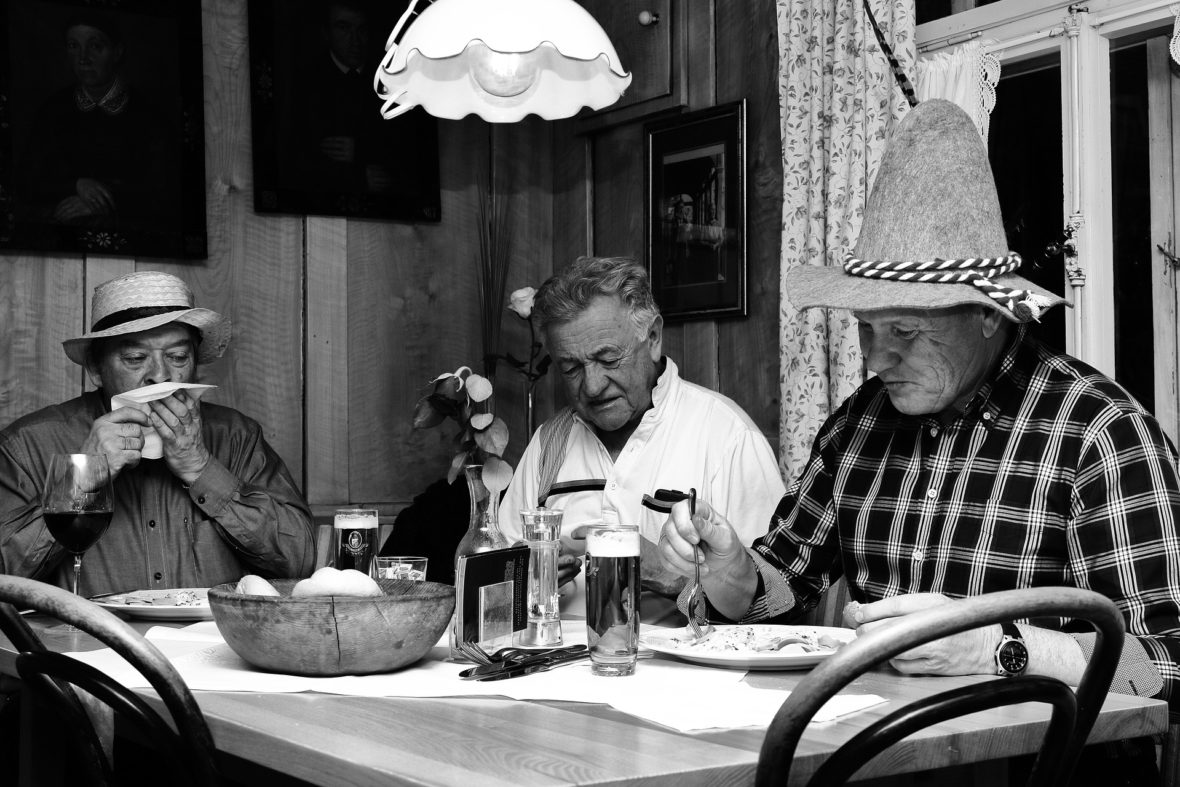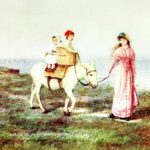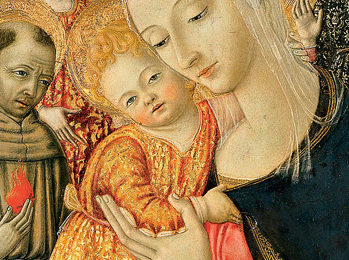We sat about on Valentine’s Day, yesterday, celebrating the birthday of John II, causing the busyness of a normal week to come to a full stop. It was lovely, and reminded me of an old post from The Marian Room on the historical importance of friendship in Catholic life. At the same time, I thought of Josef Pieper’s book on leisure, which is titled, Leisure, the Basis of Culture. I will explain that connection in a minute, but first, the old post; it began with the following quote from Gilbert Keith Chesterton:
“Comradeship and serious joy are not interludes in our travel; but… rather our travels are interludes in comradeship and joy, which through God shall endure for ever. The inn does not point to the road; the road points to the inn. And all roads point at last to an ultimate inn, where we shall meet Dickens and all his characters; and when we drink again it shall be from the great flagons in the tavern at the end of the world.”
And, the post proceeded to report on another gathering, a gathering of my friends from an evening in May of 2018. The gathering, and references to the historical importance of friendship in the lives of Catholics, follows:
From the confines a brick bungalow in a westerly and wooded neighborhood, we sat about last night, conversing about things we are working on, and events that are happening in our lives. A bit of wine was taken, and the chocolate stash was particularly fine, reminding one member of days spent in Austria. Strike the word “member” for this was not a gathering, in the strict sense, of a club. There were no green blazers or funny hats (though tin foil ones were discussed!). There are no vows taken to join, no secret ceremonies. The only vows held in common are invisible, those of Holy Baptism; not that those are minor, rejecting Satan is a rather major vow, I’d say!
Anyway, back to the meeting. There was much laughter, and, for brief moments, we came close to tears.
It was a few hours of fellowship in a world of work and duty.
When I returned home, I reflected on the happenings of the night, and remembered Chestertons’s quote from his book on Charles Dickens (cited above) wherein he notes that the enjoyment of “comradeship and serious joy” are deeply embedded in the Christian life; yet the World flip-flops the importance of friendship in the hierarchy of values, often thinking the journey: the work we do, what we accomplish, the utilitarian “look” at who we are, is our ultimate aim. Yet, Chesterton notes, as does, we can say, the Catholic novelist, J.R.R. Tolkien, in The Lord of the Rings, that the road (our duties, jobs, etc) are merely interludes in our times of fellowship; and we better accustom ourselves to that, as heaven will be a long time of comradeship and serious joy, joined with the worship of God; a long communion and fellowship with the saints of God. Indeed, heaven will be like the Shire.
Perhaps this is why the World is pressing for assisted suicide, and many are blindly following its lead. A person losing his faculties, if he does not know his intrinsic value apart from his work-value, might erroneously conclude that he has nothing to contribute to the world, and take the path to death. In that path, he loses the ability to give to his family and friends other mysterious gifts: such as the gift of his need, the gift of his personal presence, the gift of offering his suffering to God for the redemption of the world. Instead, he is reduced to a utilitarian object, and discarded when he can no longer produce X, Y or Z.
“Comradeship and serious joy are not interludes in our travel; but… rather our travels are interludes in comradeship and joy, which through God shall endure for ever.”
Indeed!
Today, let’s take a play card from the old Catholic countries, like Italy, and sit about for a few extra minutes with our family and friends remembering that it is good to be together, and that life is a gift from God.
I second that suggestion, today, and hope that we might re-again, in our largely Utilitarian country, remember that there is more to life than work. I hope that we might slow down a bit, and see the faces of the people right in front of us, and hear their voices, perhaps, over a coffee or a glass of wine, as the Italians are wont to do.
This leads me to Josef Pieper: let us not contribute to what this Catholic philosopher warned against in his book, Leisure, the Basis of Culture:
Leisure is only possible when we are at one with ourselves. We tend to overwork as a means of self-escape, as a way of trying to justify our existence.
And:
Of course the world of work begins to become – threatens to become – our only world, to the exclusion of all else. The demands of the working world grow ever more total, grasping ever more completely the whole of human existence.
The website Brain Pickings posted an article on Pieper’s Leisure which may be read here. It delves much deeper into the need for true leisure (which Pieper defined as contemplation), in our utilitarian age.
May you have a good day, and time for leisure this weekend with your family and friends; or simply by yourself (alone with God).
~SCF






